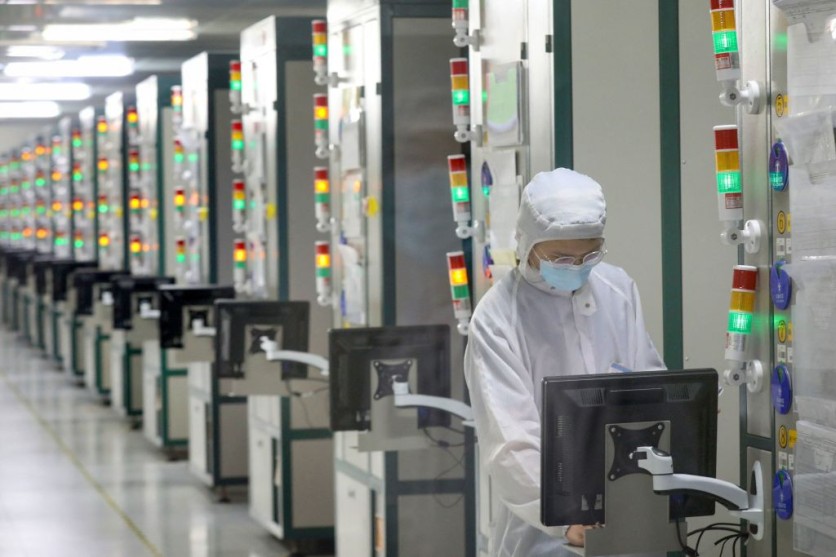Industry experts told SCMP that increased US sanctions might cause the Chinese semiconductor and AI sector to lag decades behind as the US works to prevent Beijing from obtaining the most advanced chip-making technologies.

US's Agreement with Japan and the Netherlands
Last week, the United States reached an agreement with the Netherlands and Japan to limit China's access to specific high-tech chip manufacturing machinery, putting an end to Beijing's aspirations of evading earlier restrictions by relying on other suppliers outside the US.
The recent export limitations, similar to the trade restrictions imposed by the US in October 2022, are intended to prevent China from creating high-performance chips crucial for various technologies such as AI, supercomputers, and many more.
Leslie Wu, a Taiwanese semiconductor industry consultant, told SCMP that the recent move by the US with the Netherlands and Japan has shut down the doors for China to supply its chip industry demands.
Wu also noted that resorting to non-US equipment has been China's way of making sure that its chip sector survives for the past two years.
The growth of artificial intelligence in China, which necessitates sophisticated computer processors, is one of the key targets of the US restrictions.
This was evident when the US banned the exports of Nvidia A100 and H100 chips to the Chinese market, citing concerns that US-made chips may be used for "military purposes."
The production of two Chinese-designed AI chips that Taiwan Semiconductor Manufacturing Company (TSMC) is believed may outperform and serve as possible A100 substitutes were halted shortly after the announcement of the restrictions in October.
"Blitz Strike"
According to the founder of an AI software start-up in China, who spoke on the condition of anonymity to SCMP, the sanctions have caused an impending shortage of high-performance chips, driving up the cost of those that are still available, depleting profit margins and deterring potential customers.
He claimed that in the long haul, fears of breaking sanctions might force major companies to rethink their products and possibly halt them. While small and medium-sized businesses would likely suffer the most, they could also shut down their operations.
He added that even the survivors would find their research and development budgets cut, their ability for innovation hampered, and the industry as a whole would decline.
"In my opinion, it was a 'blitz strike' for the Americans to effectively exploit the Chinese AI sector's dependence on US-controlled global design and manufacturing systems," the AI start-up founder said in a statement with SCMP.
Related Article : US-China Tech War: ASML, Lam Research Pulls American Engineers From China Amid New Chip Restrictions

ⓒ 2025 TECHTIMES.com All rights reserved. Do not reproduce without permission.




